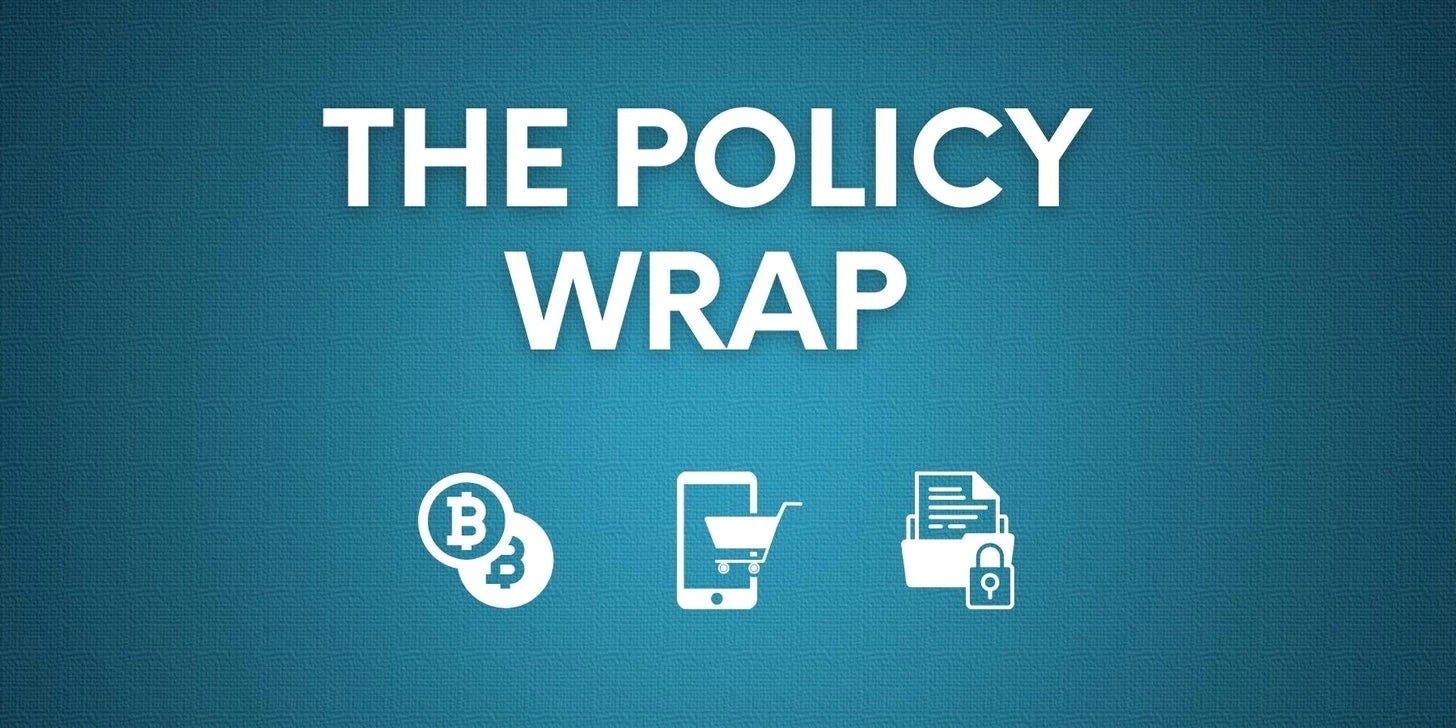Policy Wrap: US says Google’s monopoly delayed innovations, South Korea's Supreme Court tells Google to disclose information regarding user data, and more
Share your feedback and comments with us at office@adif.in
US Justice Department says Google’s monopoly delayed innovation and technological advancements
According to the US Justice Department, Google’s monopoly in the search market led to the delay in technological advancements. One of the ways it has abused its monopoly is by increasing the entry barrier for smaller companies, thereby leading to an ecosystem of delayed innovation.
Kenneth Dintzer, the lead attorney for the Justice Department in its antitrust case against Alphabet Inc.'s Google, said that days after Microsoft Corp. announced it would integrate AI-powered chat technology from OpenAI into its Bing search engine, Google had said that it would launch its own conversational AI product.
When Google was just one of several search engines and Apple's Mac machines only made up a tiny portion of the market, Google originally signed a contract with Apple to be the default search engine on its Safari browser. Although the sum of money Google gives to Apple each year is kept under wraps, it is in the billions.
Judge Amit Mehta also questioned Google about why, given its position as the unchallenged leader in search, it still pays for the default position.
Once it had a monopoly, the business should have removed the exclusive clause from its contracts. According to him, doing so would have allowed competitors to bid for access points on cellphones and browsers and allowed businesses like Apple or Mozilla to create their products in a unique way to provide customers more options.
For many years, Google has been able to preserve its monopoly in the search domain. This begs the question whether additional companies could have been competing for the search market today, or whether something like ChatGPT would have existed six years earlier.
South Korea's Supreme Court tells Google to disclose information regarding user data
South Korea's top court last Thursday ruled that Alphabet Inc.'s Google must reveal whether it shared local user information with outside firms.
The Supreme Court reached its verdict after four plaintiffs filed a lawsuit against Google and its South Korean subsidiary in 2014 to compel the firm to reveal how it handled the privacy data of local customers.
The organisation alleged that the tech company had used PRISM, a monitoring programme run by the National Security Agency of the United States, to transfer private user information.
Google was penalised 42.1 billion won ($31.88 million) last week by South Korea's antitrust authority for preventing the release of mobile video games on a rival platform.
The KFTC claimed that the government's efforts to maintain free and open markets were the reason why it took action against the American technological behemoth.
India’s startup ecosystem continues to be robust despite SVB collapse, says DPIIT
The government claimed last Tuesday that despite the failure of the California-based Silicon Valley Bank (SVB), funding for Indian entrepreneurs has not decreased and that the country's startup environment is robust and resilient.
Manmeet Nanda, joint secretary at the Department for Promotion of Industry and Internal Trade (DPIIT), assuaged concerns about the Indian startup ecosystem by stating that no problems are anticipated with Indian startups’ financing requirements.
“There is no need for any kind of worry. Our fundamentals are strong,” she said.
In order to take proactive steps to connect with Indian startups, comprehend their financial needs, and determine how to expand their penetration to various banks across diverse sectors, the DPIIT has had discussions with the Indian Banking Association.
The overall number of startups registered with the DPIIT increased by about 29,000 (or 40%) over the course of the previous year, bringing the total to 95,000. Healthcare, life sciences, education, agriculture amongst others, are the leading startup sectors.
France’s antitrust regulator considering launching an investigation against Apple
According to news website Axios on Tuesday, France's antitrust regulator is anticipated to launch an investigation into Apple Inc. over complaints related to adjustments the iPhone manufacturer made to its app tracking policies in 2021.
According to the article, French authorities are in favour of issuing a formal "Statement of Objections"to the parties involved in the upcoming weeks.
Both Apple and France's antitrust regulator were not available for any further comment on the matter.
B2B sector being actively eyed by Indian VC funds as sector is anticipated to grow
As the business-to-business (B2B) sector becomes more lucrative, domestic venture capital (VC) funds are preparing strategies for investments in B2B startups as they in general have higher order values, a positive margin profile, the ability to turn profitable early among other factors.
Investors and bankers who are interested in the market said that the segment is seeing a shift in supply chains away from China. In addition to this, production-linked incentive schemes for manufacturing, and the ability to still capture a sizable market share despite the presence of incumbents is why VC funds are now actively developing their own hypotheses and supporting prospects in this space.
Investors are particularly interested in micro-segments within B2B marketplaces, such as specialty chemicals, engineered goods, equipment, batteries, electronics, and cross-border trade, which are all experiencing significant growth.
The segment is anticipated to generate $125 billion in gross merchandise value by 2027, up from $5 billion annually at present, according to statistics from Avendus' B2B marketplace research.



I've been a die-hard fan of Korean beauty secrets, and this newest addition to my stash is a game-changer. The attention to detail and sheer effectiveness are mind-blowing!